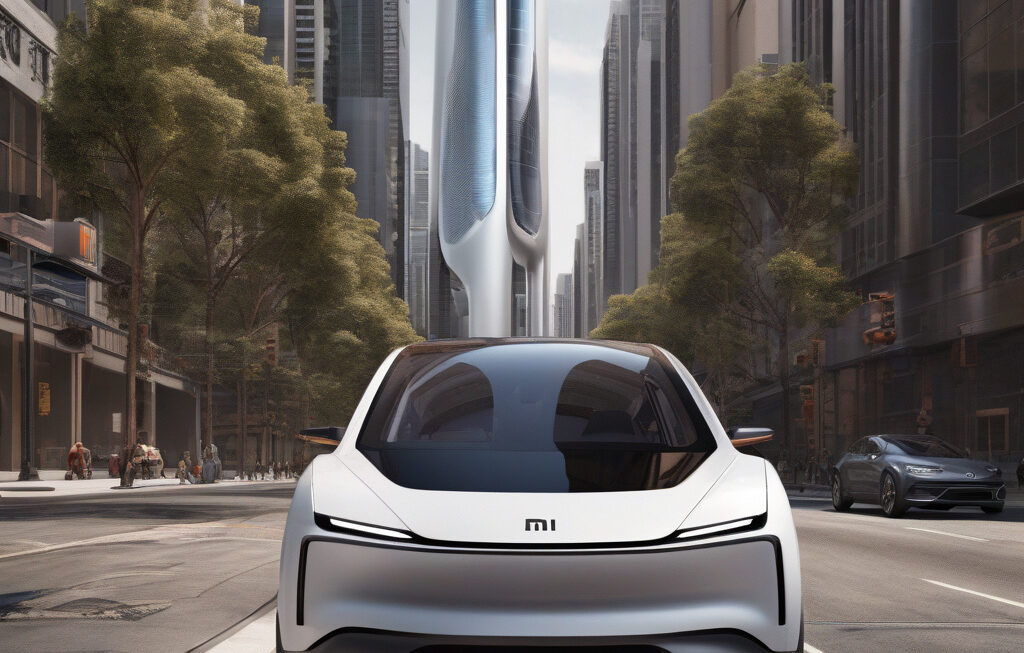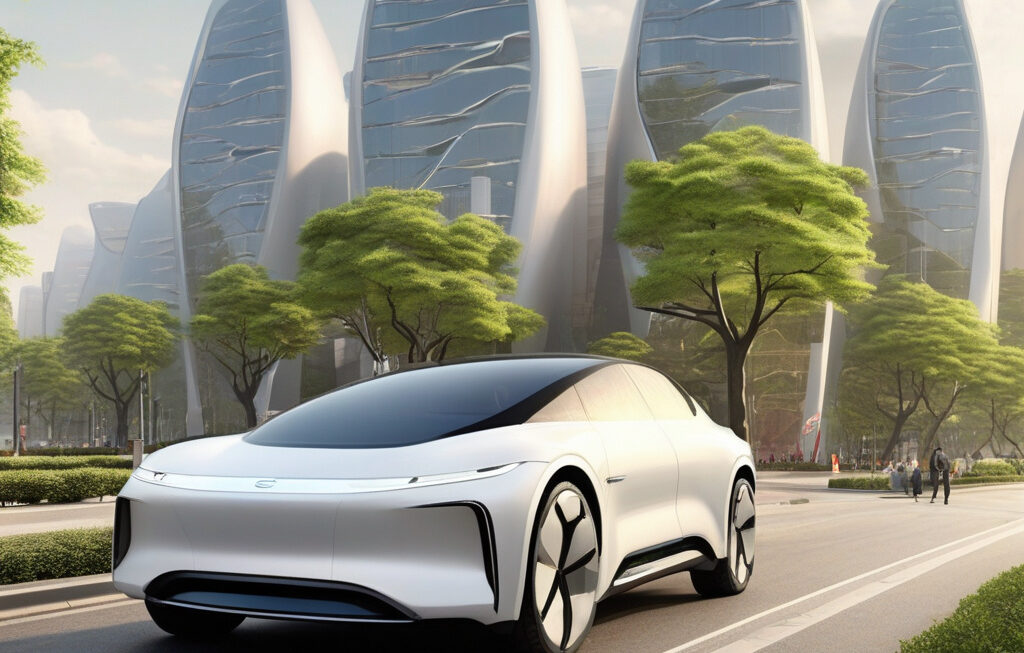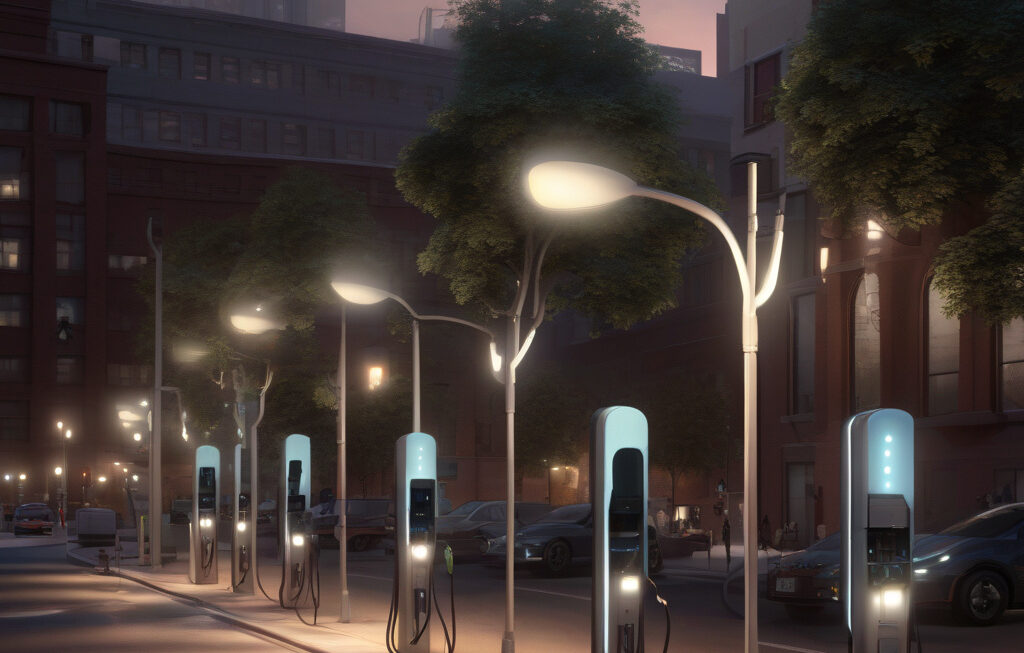US Scientists’ Breakthrough: Next-Gen EV Battery Innovation Eliminates ‘Forever Chemicals’
Researchers at the University of Chicago Pritzker School of Molecular Engineering (UChicago PME) have developed a groundbreaking advancement in the realm of electric vehicle (EV) batteries. This innovation not only propels the efficiency and performance of EVs but also addresses a critical environmental concern by eliminating the use of “forever chemicals.”
The team at UChicago PME has successfully created a new type of battery that does not rely on perfluorinated substances, commonly known as “forever chemicals” due to their persistence in the environment. These chemicals, such as perfluorooctanoic acid (PFOA) and perfluorooctanesulfonic acid (PFOS), have raised significant environmental and health issues in recent years.
By eradicating the need for “forever chemicals” in their battery design, the scientists at UChicago PME have not only prioritized sustainability but have also paved the way for a cleaner and greener future for the EV industry. This breakthrough marks a significant step towards reducing the environmental impact of electric vehicles and mitigating the use of harmful substances in their production.
The new EV battery technology developed by UChicago PME is not only environmentally friendly but also offers enhanced performance capabilities. By utilizing innovative materials and design strategies, the researchers have been able to improve the energy density, charging speed, and overall lifespan of the batteries. This translates to longer driving ranges for EVs, shorter charging times, and increased durability, ultimately enhancing the user experience and convenience of electric vehicles.
Furthermore, the elimination of “forever chemicals” from the battery manufacturing process aligns with the growing consumer demand for sustainable and ethical products. As more individuals and governments prioritize eco-friendly practices and policies, the EV industry is under increasing pressure to adopt cleaner technologies and reduce its environmental footprint. The breakthrough by UChicago PME not only meets these demands but also sets a new standard for sustainable innovation within the automotive sector.
In addition to its environmental and performance benefits, the next-generation EV battery developed by UChicago PME also holds significant economic potential. As the global shift towards electric mobility accelerates, the demand for advanced battery technologies is on the rise. By pioneering a solution that is both cutting-edge and sustainable, UChicago PME is positioning itself as a key player in the rapidly expanding market for EV batteries.
The implications of this breakthrough extend far beyond the realm of electric vehicles. By demonstrating the feasibility and viability of “forever chemical”-free battery technologies, UChicago PME is inspiring innovation across various industries that rely on energy storage solutions. From consumer electronics to renewable energy systems, the impact of this research has the potential to revolutionize the way we power our world.
In conclusion, the pioneering work of the researchers at UChicago PME represents a significant milestone in the advancement of EV technology and sustainable innovation. By eliminating the use of “forever chemicals” in their next-generation EV batteries, they have not only addressed a pressing environmental concern but have also set a new standard for performance, reliability, and sustainability in the electric vehicle industry. As the world transitions towards a cleaner and more sustainable future, innovations like these will play a crucial role in driving positive change and shaping the world of tomorrow.
electric vehicles, sustainability, innovation, environmental impact, future mobility











